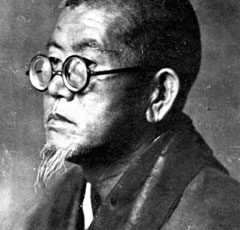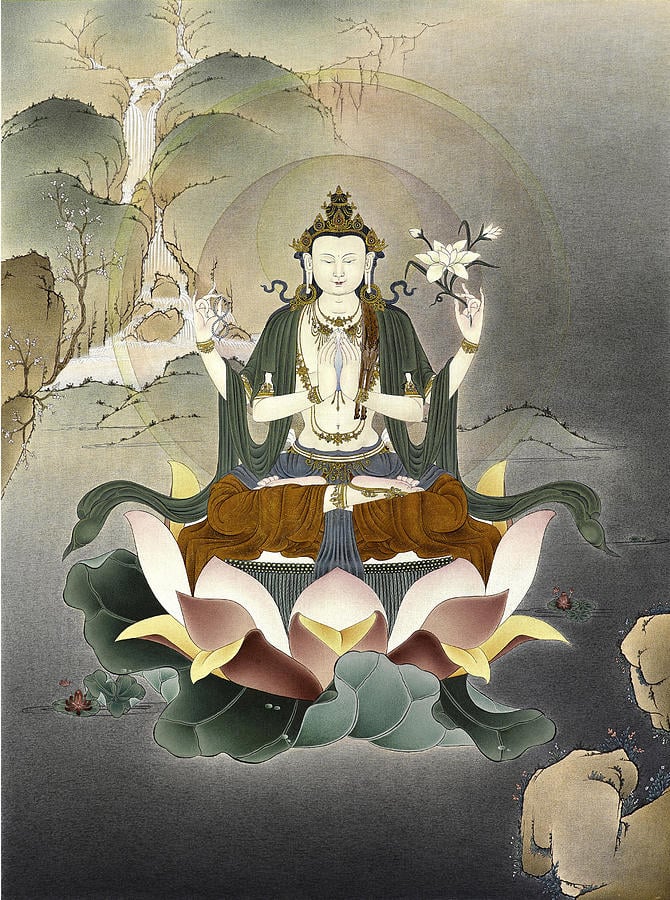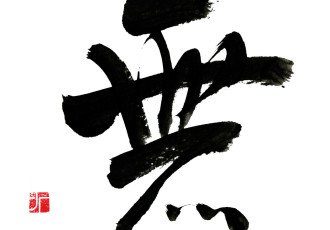Santoka is considered a unique proponent of “free-style” haiku poetry, a mode that abandoned much of the customary form and subject matter of traditional haiku in favor of a direct and unadorned depiction of human experience.
A wandering poet and ascetic Zen priest for the last fifteen years of his life, Santoka emphasized many of the essential qualities of Zen Buddhism in his verse, including mujo (impermanence), the necessity of sabi (solitude), the importance of simplicity in life, and the pervasive sadness that accompanies all human affairs. Many of his poems point toward the Zen goal of overcoming this ubiquitous melancholy by achieving spiritual enlightenment and serenity. To this view Santoka added his concern with what James Abrams called “the vital necessity of movement and the partial release it brings to the anguish of the soul.”
Simple in form, Santoka’s poems dispense with the seasonal imagery and constraining five-seven-five syllable pattern of their traditional predecessors. In them Santoka confronts manifold subjects, making observations on the natural world, Zen philosophy, the loneliness and isolation of his wanderings, art, death, and the joys of drinking sake.
He lived much of his life as a wandering hermit, taking to the road, visiting pilgrimage spots, begging, and composing haiku. He wrote, “Days I don’t enjoy: Any day I don’t walk, drink sake, and compose haiku.”
His haiku whittle down each moment to the observed bare essentials, witnessing the splendor in each mundane moment as it is.
flowing with water I walked down to the village the sunlight freely reflects off my freshly shaven head within life and death snow falls ceaselessly I walk in the winds
brightness and darkness



